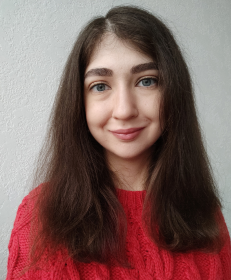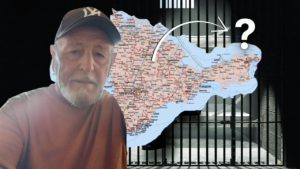Russians Transfer Pavlo Zaporozhets, a Kherson Resident, Convicted of the “International Terrorism”, to the Vladimir Central Prison
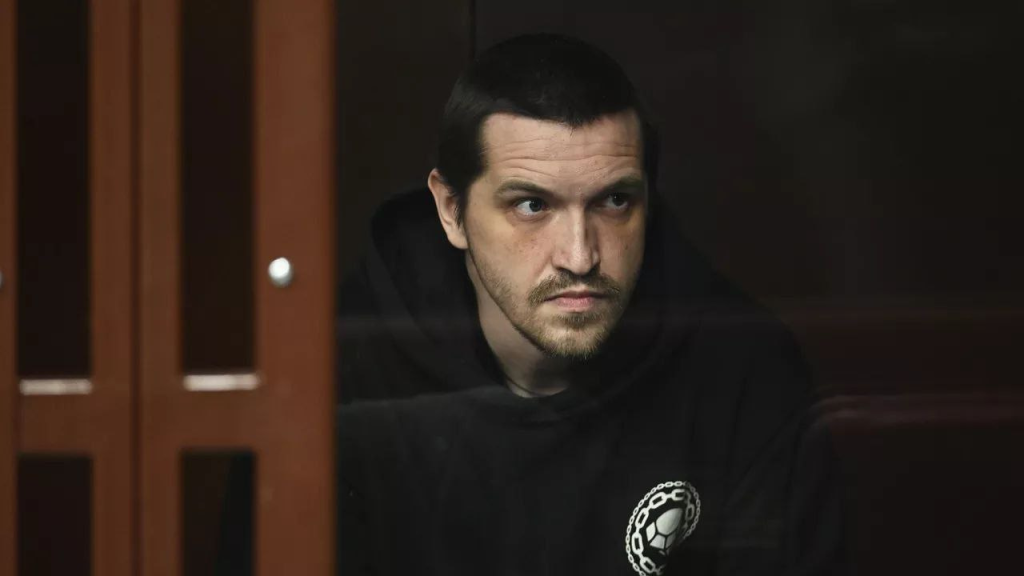
Russia has begun executing the sentence imposed on former Ukrainian law enforcement officer Pavlo Zaporozhets. The man was kidnapped in Ukraine, deported, charged with “international terrorism” and has been held in prison for more than two years. In order to cover Zaporozhets’ tracks, he is constantly moved from one place of detention to another. In October, the man was put in the Vladimir Central Prison, where extremely dangerous criminals are held.
Ordinary peaceful life was in full swing in Kherson until February 24, 2022. However, things changed as soon as the Russian Federation began a full-scale war against Ukraine and occupied the city. Kherson residents protested against the invaders. In order to break down the resistance of civilians, enraged Russians pointed weapons at ordinary citizens and kidnapped them.
They also did not bypass lawyer and former law enforcement officer Pavlo Zaporozhets. Realizing that Russians were unlikely to let him pass their checkpoints, the man decided to stay in occupied Kherson. On May 9, 2022, contact with Pavlo was lost. It later turned out that the invaders had kidnapped the man. On the same day, Russian soldiers illegally searched his apartment and accused Pavlo Zaporozhets of “counteracting the special military operation”: he had allegedly helped the Armed Forces of Ukraine and planted explosives in the places where occupiers were located. Russian soldiers took Pavlo’s documents, equipment, and car. His relatives were not informed where the man was held.
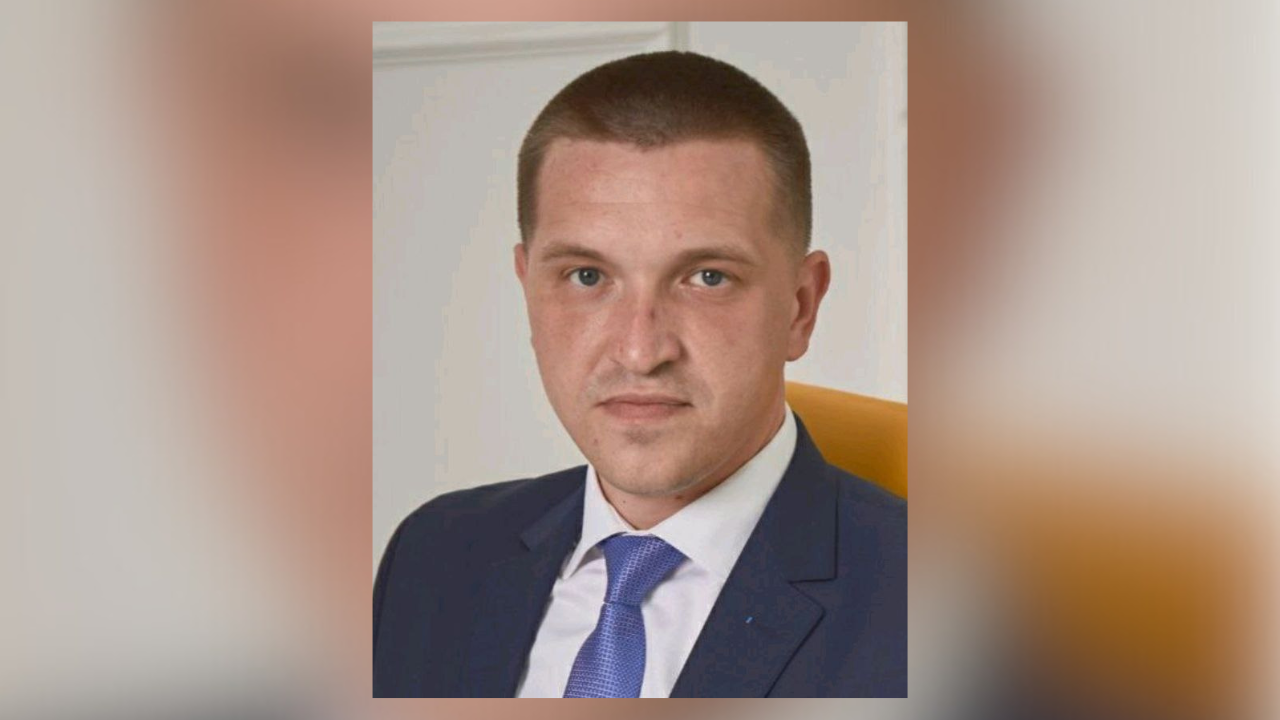
Lawyer Pavlo Zaporozhets before he was taken into Russian custody
A few days later, his sister Lidiia learned that her brother was held in Temporary Detention Facility No. 1 on Teploenerhetykiv Street in Kherson. While there, Pavlo Zaporozhets called his relatives using a phone of a so-called investigator, but did not share the details of his abduction and illegal detention. From time to time, Lidiia transferred packages to her brother, and in July she managed to see Pavlo for 10 minutes.
“His eyes were very large, alarmed and full of fear. By that time, he probably had already understood that he had a long journey ahead of him in prison in inhumane detention conditions,” she says recalling the meeting.
Simferopol pre-trial detention center
Later, on August 4, Lidiia asked her colleague to bring a package to Pavlo, because she could not make it without being late for the curfew. However, an officer of the temporary detention facility said that the man had been released. Pavlo’s relatives were sure that the occupier had lied to her. The next day, they were contacted by a lawyer of another illegally detained Ukrainian. He said that Pavlo Zaporozhets had been taken to Simferopol on August 2, and offered his services to defend the man. Russians sent Pavlo to Pre-Trial Detention Center No. 1 and usually took him to the occupation FSB (Federal Security Service) for interrogations. At the same time, they accused the man of “international terrorism”.
In October 2022, occupiers opened Pre-Trial Detention Center No. 2 in Simferopol and transported Pavlo and several other Ukrainian citizens there. There are appalling conditions in both pre-trial detention centers in the city. Illegally detained Ukrainians were not allowed to sit or lie during the day and were forced to sing the Russian anthem. Cells are equipped with 24-hour video surveillance cameras.
“As soon as you leave a duty officer’s field of vision, guards immediately run to find out where you are. If you try to call a doctor, no one comes,” says Lidiia.
Ukrainian prisoners were hardly ever taken outside. If they were allowed to do a walk, they could have it within a small area fenced on all sides with concrete walls and bars. Pavlo was able to really go outside for the first time when he was taken to a psychiatric hospital in Simferopol for a medical examination. “My head was spinning: the fresh air made me feel so sick,” the man later wrote to his family.
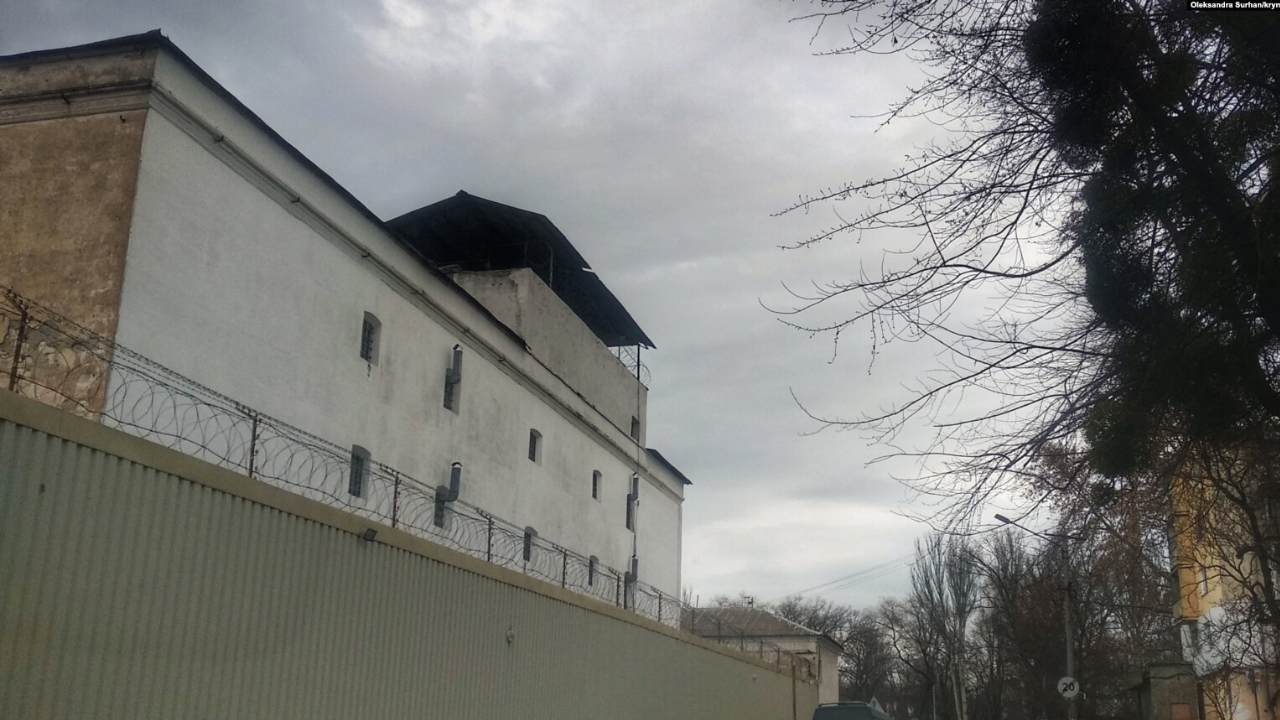
Pre-Trial Detention Center No. 2 opened by occupiers in Simferopol on October 25, 2022. Photo: Krym.Realii
While in Simferopol, Pavlo asked his family to find out about the “witnesses” involved in the “proceeding” They turned out to be residents of Kherson who were also illegally held by Russians. One of the witnesses died shortly after occupiers released him from their torture chamber, and another one claimed that he had not understood what documents he was signing because Russians had forced him to do so.
In February 2023, Russians took Pavlo from Simferopol to Krasnodar and then to Pre-Trial Detention Center No.1 in Rostov. There, captors held 30 people in one cell. There were not enough beds and mattresses, so prisoners had to sleep in turns. In the summer, cells got so stuffy that prisoners fainted. Medical assistance was not provided by Russians. Some could not stand such inhumane conditions.
Oleksandr Ishchenko, an Azov Brigade soldier and defender of Mariupol, ended up in Rostov having lost a lot of weight and having suffered a heart attack. He was kept in the pre-trial detention center together with Pavlo Zaporozhets. Oleksandr had serious heart problems, but Russian guards gave him no medications except for valerian and validol. Once, when the man had an attack, prisoners along the entire corridor knocked on their cell doors, again and again asking for a doctor to be called. Later, in July 2024, Oleksandr Ishchenko died in captivity. After his body was returned, a forensic examination conducted in Ukraine revealed that the Azov Brigade soldier had broken ribs and a chest injury as a result of blows delivered using a blunt object.
“Trial” and illegal transfer
In March 2023, the Southern District Military Court of Rostov began considering the “case” against Pavlo. In November, judges M. Nikitin, V. Mamedov and M. Shuaipov sentenced Pavlo Zaporozhets to 13 years in prison, ten of which the Ukrainian must spend in a maximum-security penal colony. After the appeal, the sentence was left unchanged. Some time later, his relatives filed a cassation appeal and are now awaiting its consideration. In June 2024, Russians transported Zaporozhets to Pre-trial Detention Center No. 3 in Novocherkassk and placed him in a solitary confinement cell of a special unit as a former law enforcement officer.
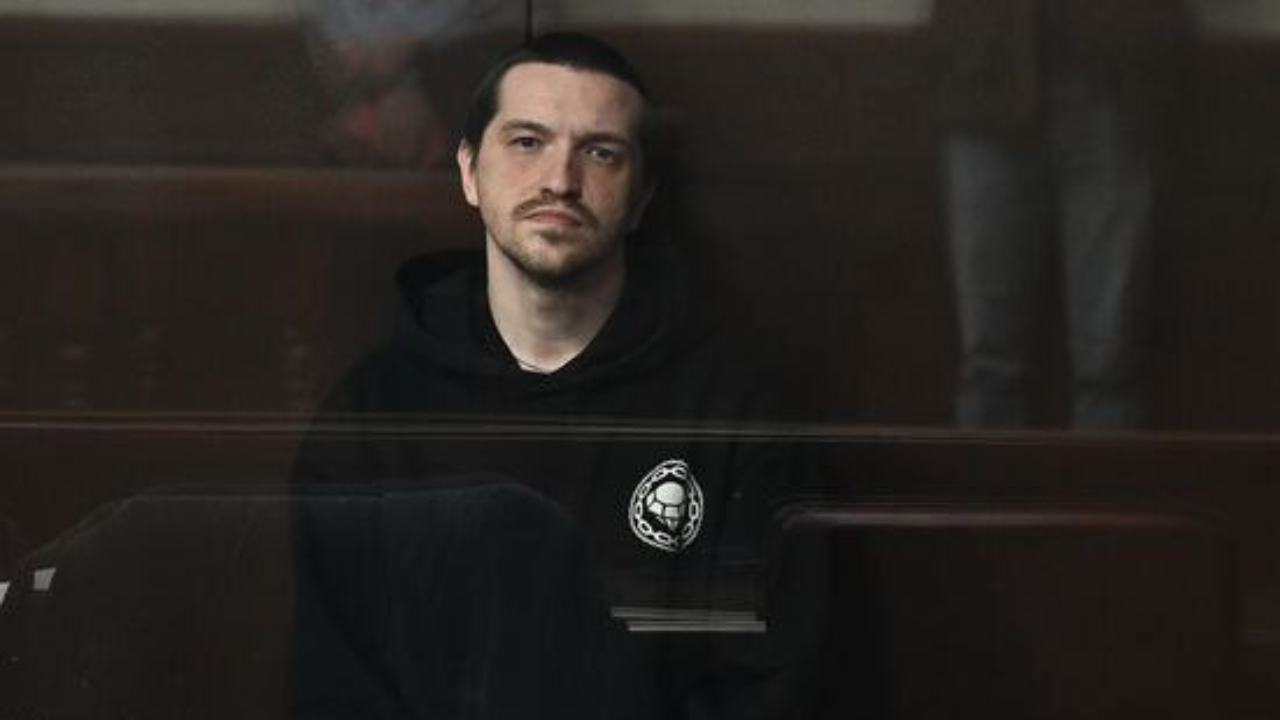
Pavlo Zaporozhets behind glass during his trial in a Russian court
Pavlo was held in this pre-trial detention center until September 2024, and then he was transferred to Volgograd, Perm, and Pre-Trial Detention Center No. 1 in Kirov. His sister Lidiia notes that it is difficult to track her brother’s movement, since Ukrainian captives are constantly transported by Russians from one place of detention to another. In October 2024, Pavlo Zaporozhets was transported to the Vladimir Central Prison where he is to serve an illegal sentence.
Andrii Yakovliev, the MIHR expert on international law, notes that kidnapping and illegal detention of Pavlo Zaporozhets is one of many examples of violations of International Humanitarian Law by Russians. Occupation authorities must not hold civilians in inhumane conditions without the right to a fair trial and the opportunity to appeal against detention. It is also prohibited to deport, that is, forcibly relocate civilians from temporarily occupied territories to the Russian Federation. Russians commit war crimes by resorting to such actions.
“Such acts as Illegal deprivation of liberty, creation of inhumane conditions of detention, violation of the right to a fair trial and deportation committed as part of the large-scale persecution of civilians within the occupied territory with the sanction of Russian authorities, must be considered as crimes against humanity,” says Andrii Yakovliev.
This article was published with the support from the European Endowment for Democracy (EED). Its content does not necessarily reflect the official position of the EED. The views or opinions expressed herein are the sole responsibility of its authors.


